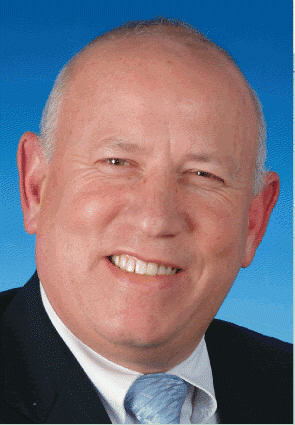Mr. Moore, who is an experienced health care attorney in California, outlined the key components of offer letters and contracts. Oral offers should be followed by an offer letter, which typically lists the employment commencement date, compensation (including salary and bonuses), insurance benefits, pension contributions and whether there is a waiting period, vacation and CME benefits, as well as the criteria and timeline for conversion to owner status. Candidates are normally asked to sign and return the offer letter. Keep copies of all communications in your records, he advised.
Explore This Issue
November 2009When the employment contract arrives, candidates should make sure that the contract is consistent with the offer letter, because the terms of the employment contract supersede the offer letter. Remember that practicing in a corporation will protect you from the professional errors of your colleagues, unless you assisted on the case. In a limited liability company (LLC) you have the same protection. But in a general partnership, all your assets are exposed for the acts of your partners. These differences could be important in the employment decision.
Both Ms. Zupko and Mr. Moore cautioned candidates to carefully ascertain details of the practice’s malpractice insurance coverage. Claims-made policies (which cover only incidents that occur during the policy period) usually carry so-called tail insurance provisions, so that you are covered if a former patient files a claim after you leave a group. Who pays for this tail insurance-the employer or the new candidate-has become a bit of a recruiting impediment, said Mr. Moore. Ms. Zupko said that this can be an expensive proposition if, for some reason, you decide to leave the group, and have not previously negotiated a provision that the group pay this amount.
Is there a noncompete provision in the contract? Restrictive covenants, including reasonable duration and scope limits, are still enforceable in most states, said Mr. Moore. Most of these provisions prevent a physician from practicing in the same geographic area for two to five years. In California, the covenants have shifted to proscriptions against using so-called trade secrets of the practice-such as the patient database or referral sources (except for those referral sources you have built on your own).
 Michael R. Moore, JD, LLM, said that restrictive covenants, including reasonable duration and scope limits, are still enforceable in most states.
Michael R. Moore, JD, LLM, said that restrictive covenants, including reasonable duration and scope limits, are still enforceable in most states.Once in practice, Ms. LeGrand and Ms. Zupko emphasized, it is important to keep abreast of how the practice is being run. For young physicians to prepare for this phase of their careers, they recommend that these physicians take a course on CPT coding; learn to code to the very highest level of specificity; understand Relative Value Units (RVUs), the basis of our payer system; and apply for their Medicare National Provider Identification number even if they are not handling Medicare patients at present.
Leave a Reply